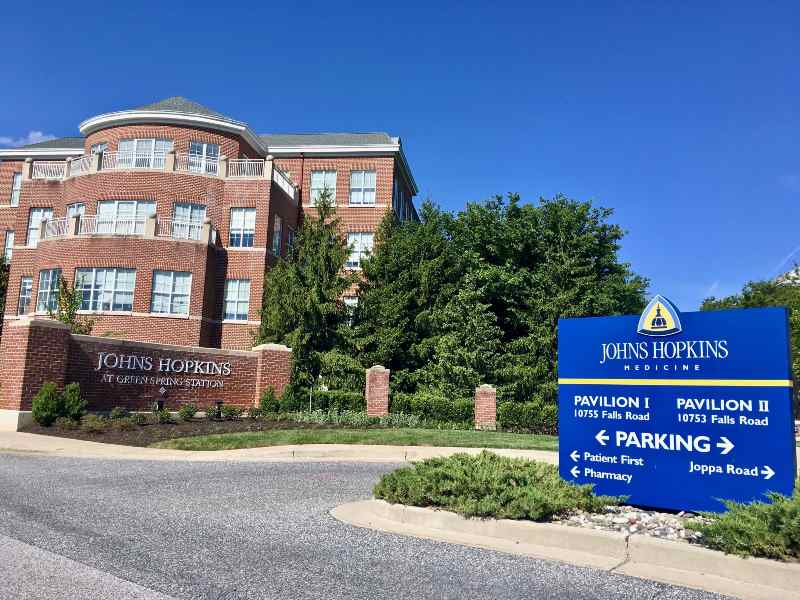Breaking News
New Johns Hopkins Study Shows Lockdowns Don’t Work
A new Johns Hopkins University report proved what everybody is thinking: lockdowns don’t work. This was the conclusion of a meta-analysis of several studies made by the institution.
The research term includes John Hopkins University economics professor Steve Hanke. It also featured Lund University economics professor Lars Jonung and special advisor at Copenhagen's Center for Political Studies Jonas Herby.
The group analyzed the effects of lockdown measures on COVID deaths. These include school shutdowns, business closures, and mask mandates.
RELATED: Newsom Heads to Mexico after Extending California Covid-19 Lockdowns
Johns Hopkins Study Shows Lockdowns Don’t Work

In summary, the Johns Hopkins meta-analysis concluded that lockdowns didn’t work during the first COVID wave in 2020, The shutdown only managed to reduce COVID deaths by 0.2% in the US and Europe.
While it did not prevent deaths, it did lead to something. Researchers say that the activity imposed “enormous economic and social costs” in areas that adopted the measure.
“In consequence, lockdown policies are ill-founded and should be rejected as a pandemic policy instrument,” the study concluded. There was little to no evidence that mandated lockdowns in Europe and the US impacted COVID mortality rates.
Shelter-in-Place Orders
In addition, the researchers also examined shelter-in-place orders. They found out that the activity reduced COVID mortality by 2.9%.
Earlier studies that looked at only shelter-in-place orders found they reduced COVID-19 mortality by 5.1%. However, when used along with other measures, shelter-in-place actually increased deaths by 2.8%.
In addition, the study concluded that limiting gatherings likely helped increase COVID-19 mortality. Shelter-in-place orders often isolate an infected person at home with family. However, the patient risks infecting family members with a higher viral load. This can cause more severe illness.
Lockdown Prevents People from Access to Safe Outdoor Places
The study also showed that lockdown often prevented people from accessing safe outdoor areas such as beaches or parks. When authorities impose mask mandates or restrict limits on public places, people will often meet at unsafe indoor places.
Among the measures, the study found that the only effective one to prevent COVID deaths was the closure of unessential businesses. Closing bars and indoor dining reduced mortality by 10.6%.
Unintended Consequences of Lockdowns
The Johns Hopkins study also pointed out the many unintended consequences of lockdowns. This included jobless, reduced schooling, and increased drug overdoses.
They also contributed to a rise in domestic violence incidents. It recommended that governments measure these costs to society against the benefits.
However, the study showed that these benefits are marginal at best. As a result, the study concluded that “lockdowns should be rejected out of hand as a pandemic policy instrument.”
Watch the Bloomberg Markets and Finance video asking if lockdowns are necessary in the Post-Vaccine Era?